A phenomenal 250 million records in 50 years - only the Beatles have achieved that. They released their first single on October 5, 1962. Soon enough they were world superstars. The dream began in Germany.
Masses of ivy surround the front door of run-down building. There's nothing about the place that indicates the role it played in music history.
But when you get closer you notice a mirror. Above a photograph of the band, the large lettering on the mirror reads: "Here lived the Beatles 1960." Here, in Hamburg, the search for traces of the world's most famous boy band begins.
Peter Paetzold, who was 10 years old at the time, lived just around the corner. He grew up in St. Pauli, the district of the city around the infamous Reeperbahn where the Beatles' career was launched.
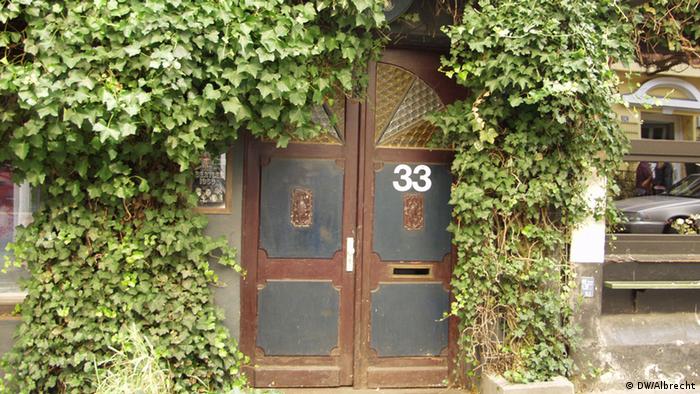 The Fab Four lived here at the former Bambi Kino in Hamburg
The Fab Four lived here at the former Bambi Kino in Hamburg
The shabby building used to be a cinema - the Bambi Kino, where Paetzold once watched Disney films. The four Liverpudlian lads lived in the cinema for three months.
"For us they were just the English rockers who lived here. They looked totally different to the usual Hamburg rockers," recalls Paetzold, now 62.
What sticks out in his mind are the black jeans the band wore. "We were happy when we got blue jeans five years later."
August 17, 1960
Just a few steps further along the street opposite is "Indra," the place where the Beatles first took to the stage in Hamburg on August 17, 1960.
"It used to be a drag-striptease-cabaret. When the Beatles played here it was a pure rock 'n roll joint," Paetzold explains on his tour. Here there's also a gold plaque next to the entrance in memory of this time.
After 48 performances at Indra, the Beatles moved to the Kaiserkeller, just a few doors further along the street and owned by the same landlord. That's were they met Richard Starkey, who went by the stage name of Ringo Starr and played drums in a band called Rory Storm & The Hurricanes, and who would later replace their drummer Pete Best.
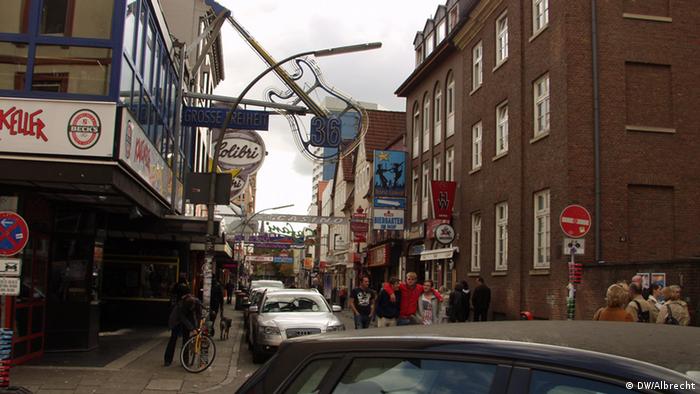 The Beatles performed six nights a week at the Kaiserkeller
The Beatles performed six nights a week at the Kaiserkeller
After a few hard weeks at Kaiserkeller, the Beatles wanted to switch to another club on the Reeperbahn, the Top Ten. But then George Harrison was deported back to England because at just 17 years of age, he was too young to be entering nightclubs.
Rumor has it that the owner of the Kaiserkeller reported him to the police because he was annoyed that the Beatles wanted to leave his club. The entire group returned to England.
June 22, 1961
In early 1961, the Beatles were once again in Hamburg and enjoyed a place in the Top Ten for three months. At the same time they recorded their first record as backing musicians for Tony Sheridan with the name "The Beat Brothers."
The release was a milestone in the band's career. "With that record the brilliant Brain Epstein began to shape the band into a pop phenomenon. That wouldn't have happened if they hadn't have recorded that record in Hamburg," explains Paetzold.
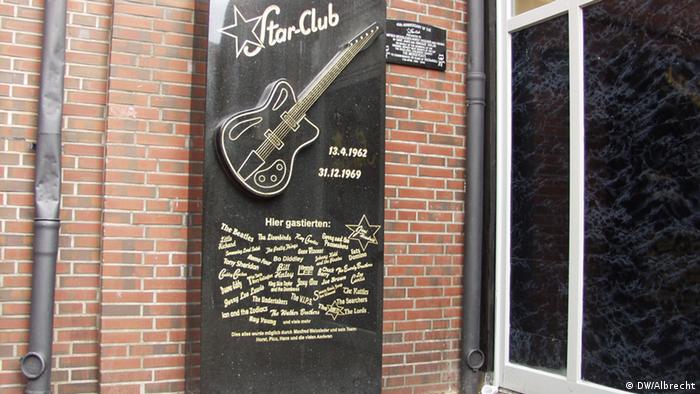 Today, a plaque marks the site of the legendary Star Club
Today, a plaque marks the site of the legendary Star Club
Spring 1962
A few months before the release of their first single, "Love Me Do," on October 5, 1962, the Beatles got their first booking in the newly opened Star Club. Back then they weren't one of the top acts, but that quickly changed after "Love Me Do" stormed the charts.
A plaque at the site of the legendary club pays tribute to the many bands that played there. The building is no longer standing. Even on a late Sunday afternoon, loud music still drones from a nearby nightclub. Gretel & Alfons, the local pub in the Strasse Große Freiheit where the musicians who played at the Star Club, is still there.
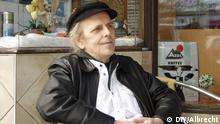 Peter Paetzold at Café Müller where the Beatles also used to meet
Peter Paetzold at Café Müller where the Beatles also used to meet
As a young man, Peter Paetzold used to linger around this area on the Reeperbahn hunting for autographs. He came close to a number of big stars - back then it was easier than it is today. "I used to sit with the bands at the bar and then they went on stage. The entire Star Club history is one big family. Bands, doormen, the audience and the regulars."
In 1966 after the Beatles had become world famous, Paetzold met one of the band members in a leather store in Hamburg frequented by high society. Paetzold goes there often, still hunting for autographs.
"Suddenly John Lennon appeared," he remembers. It was an all too short encounter: "Three sentences, an autograph, and then he was gone." DW DE
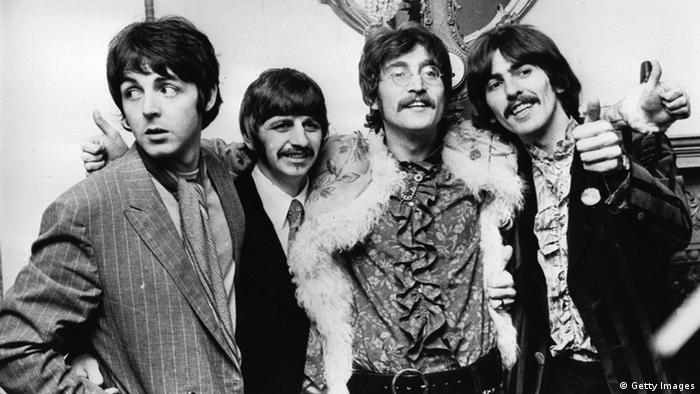

No comments:
Post a Comment